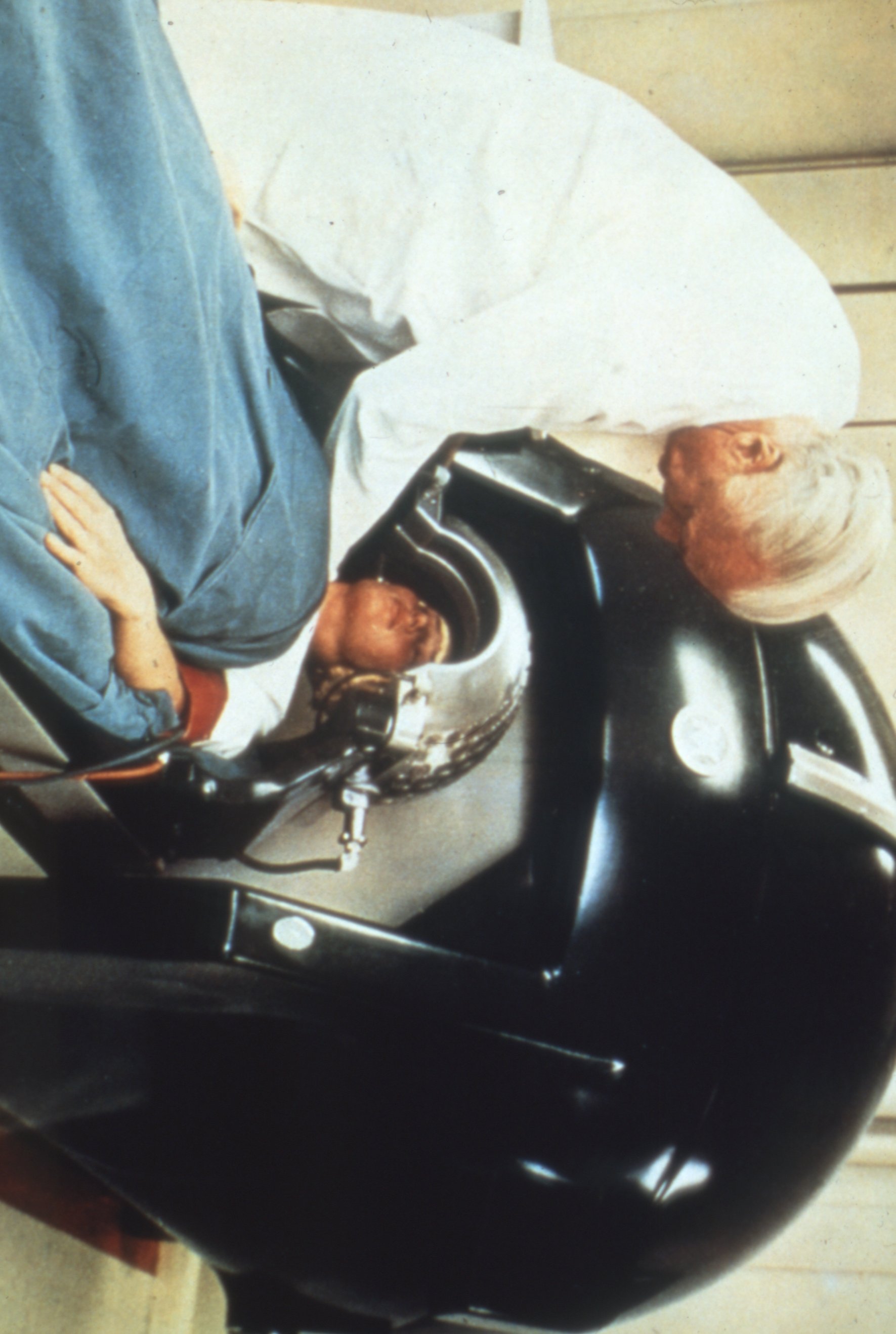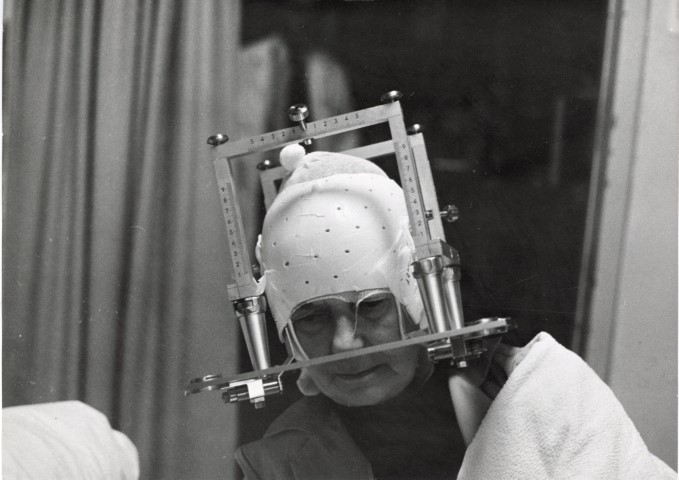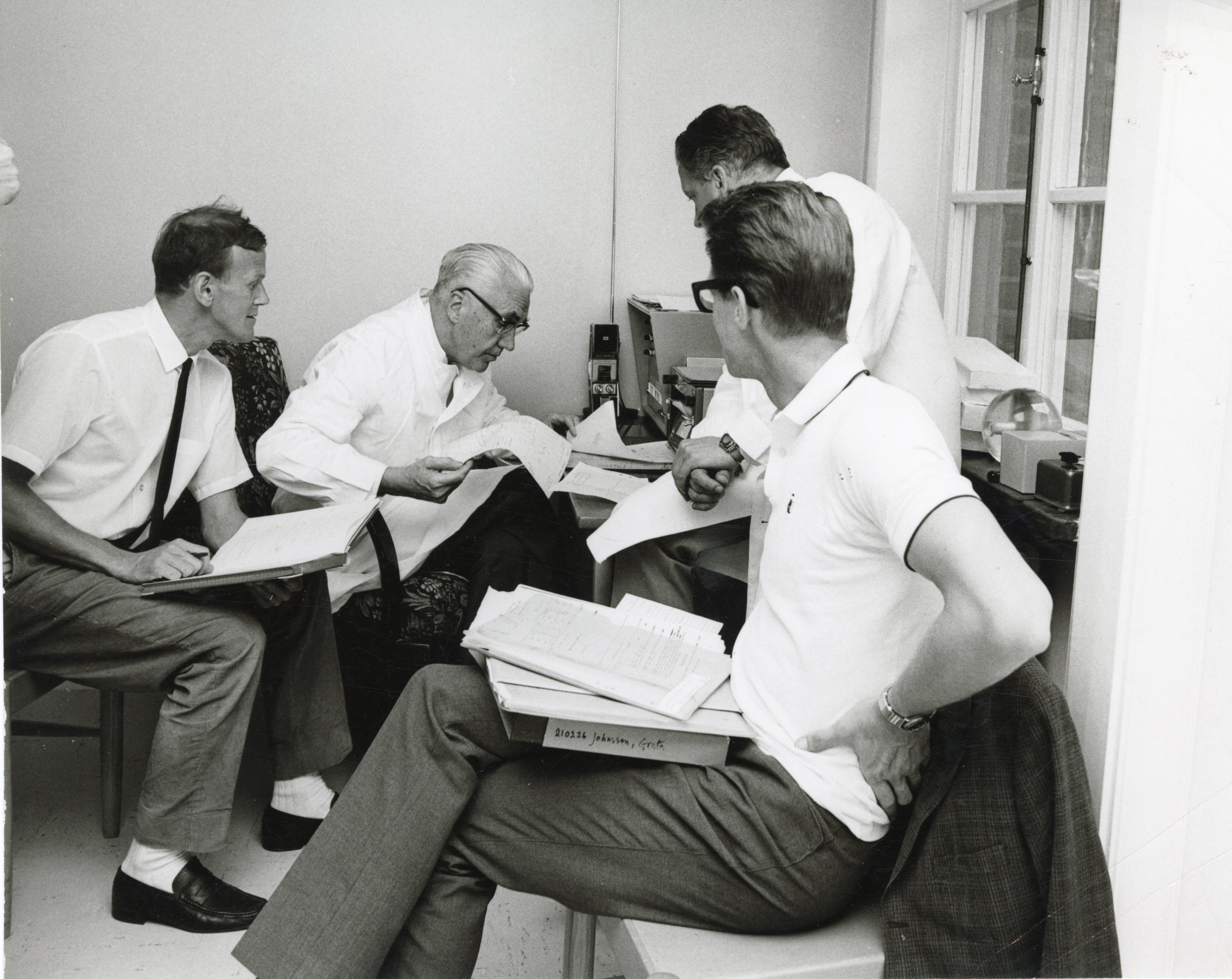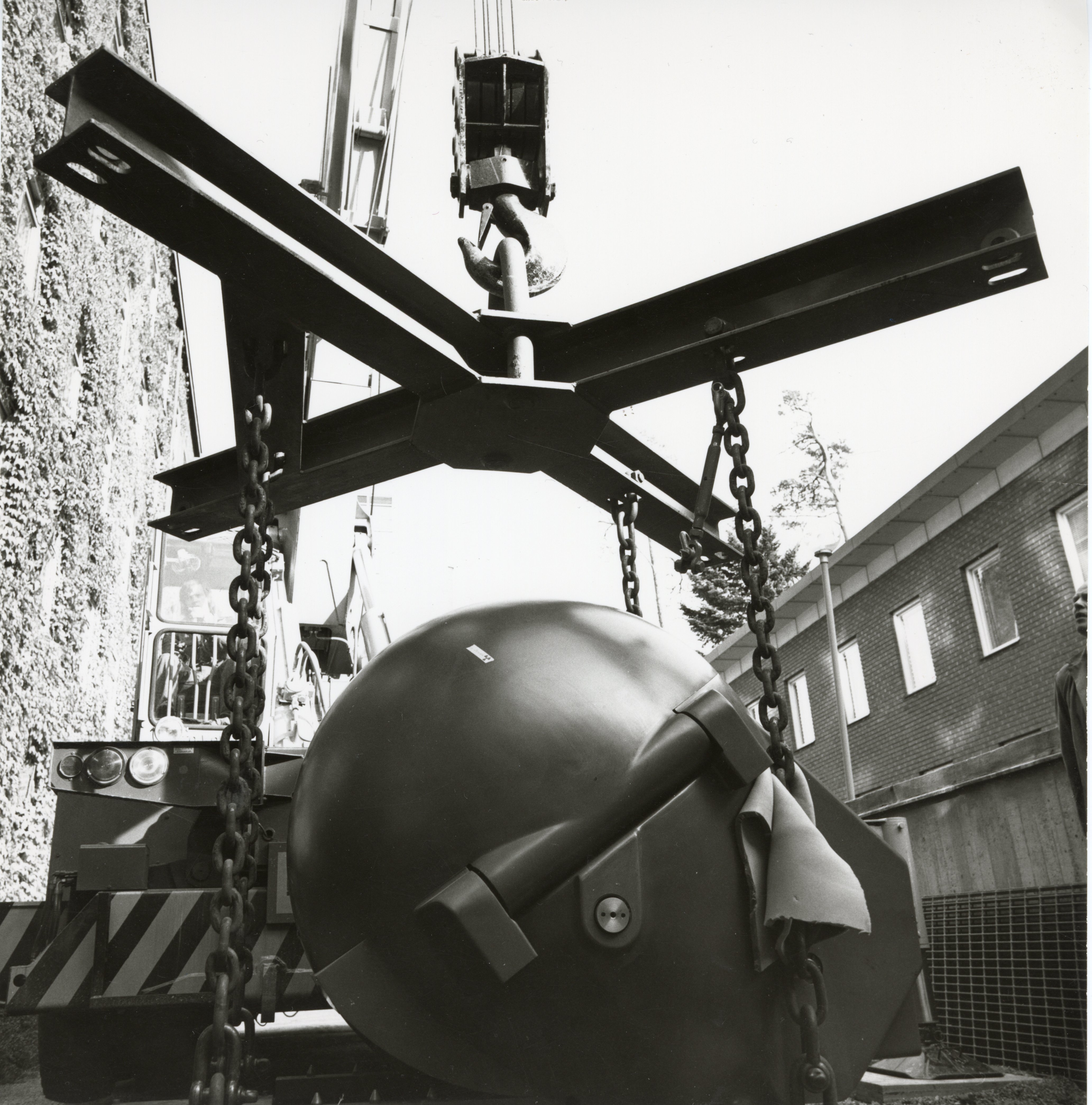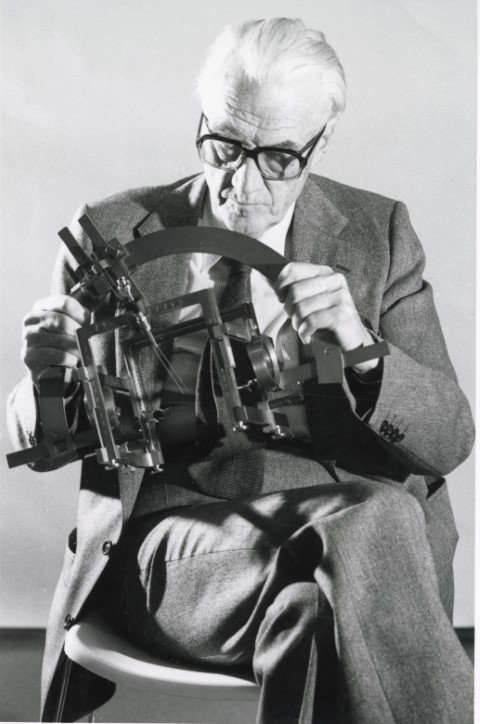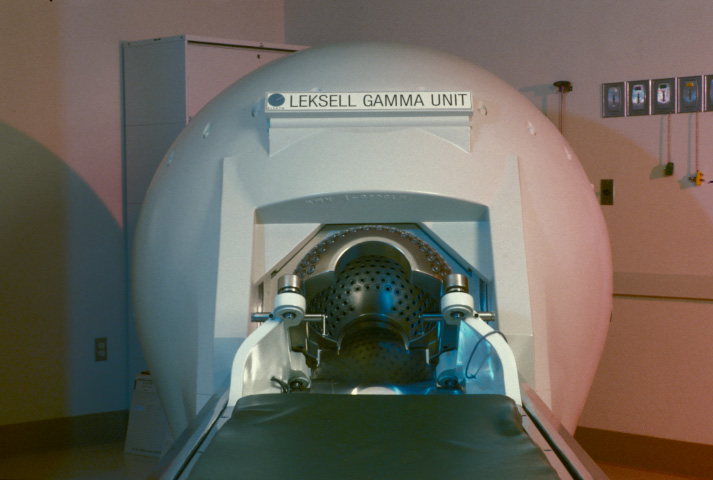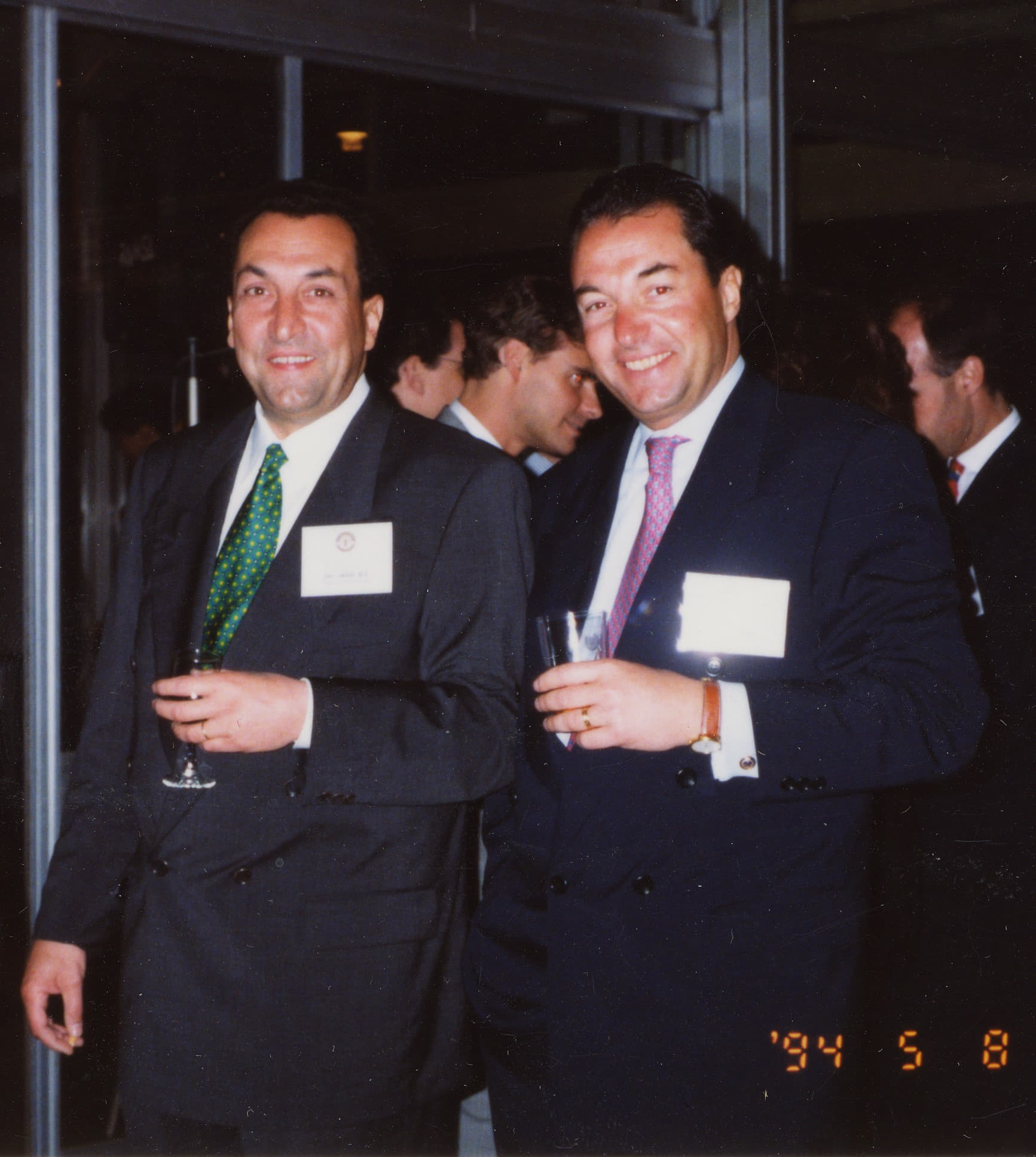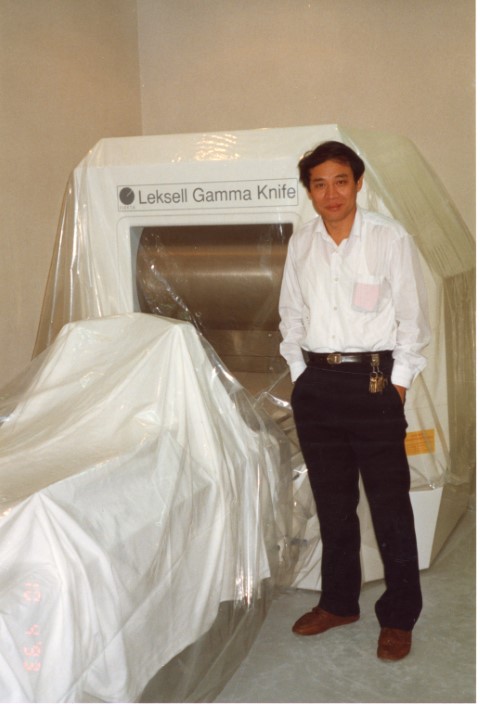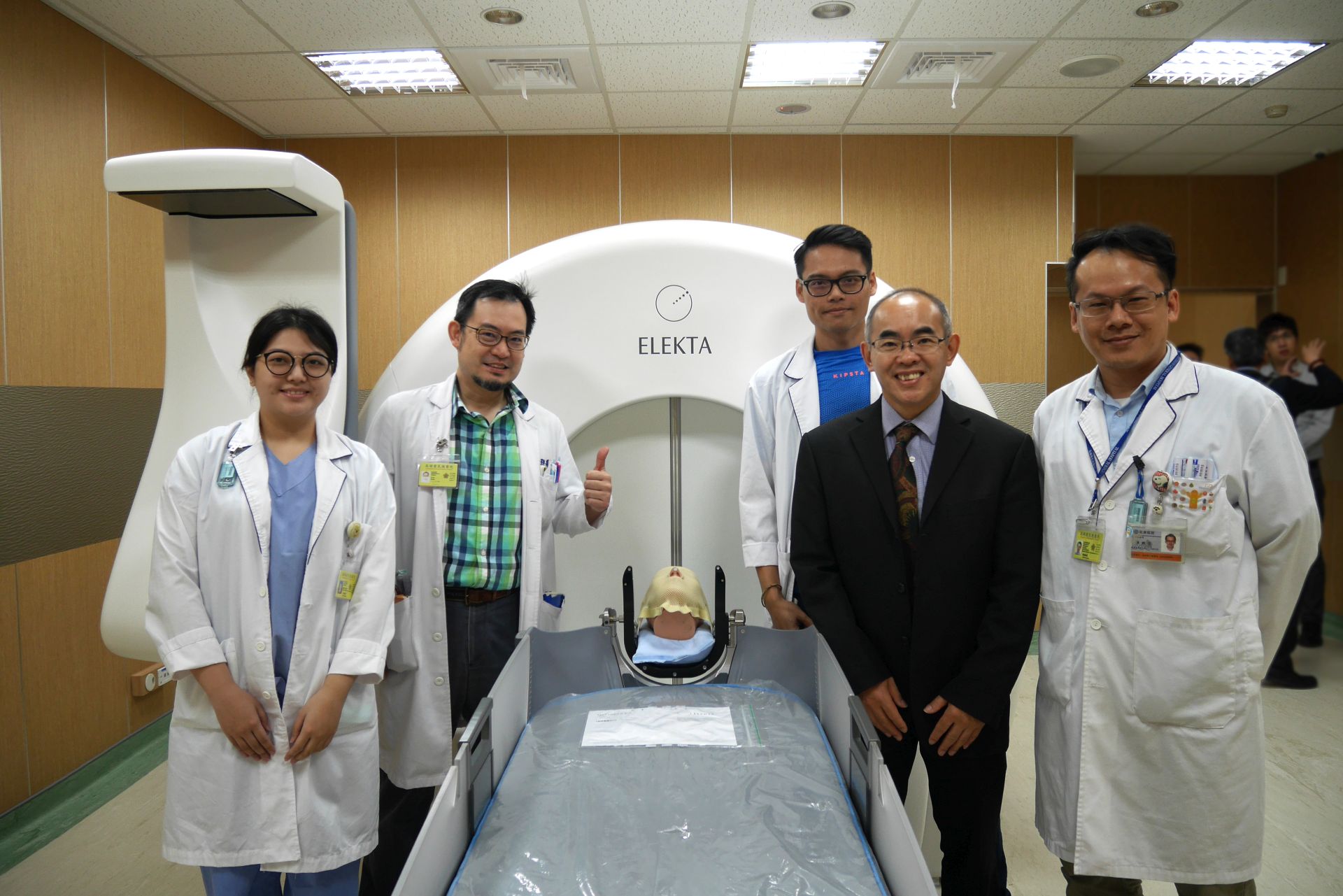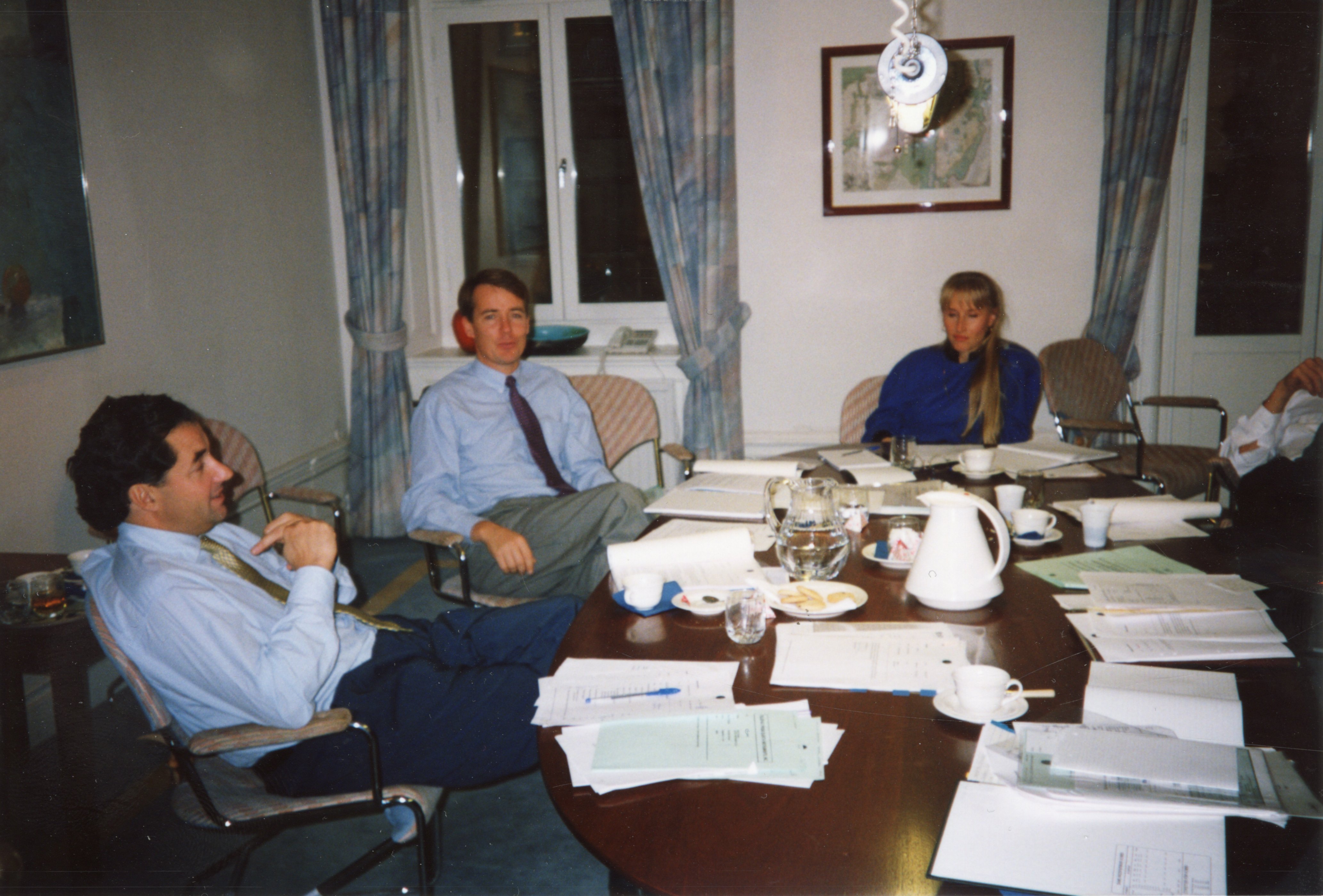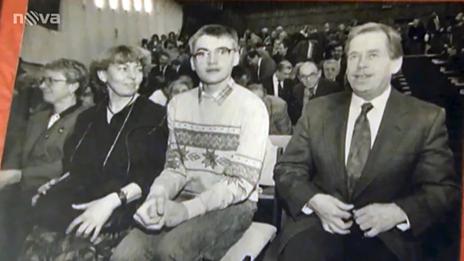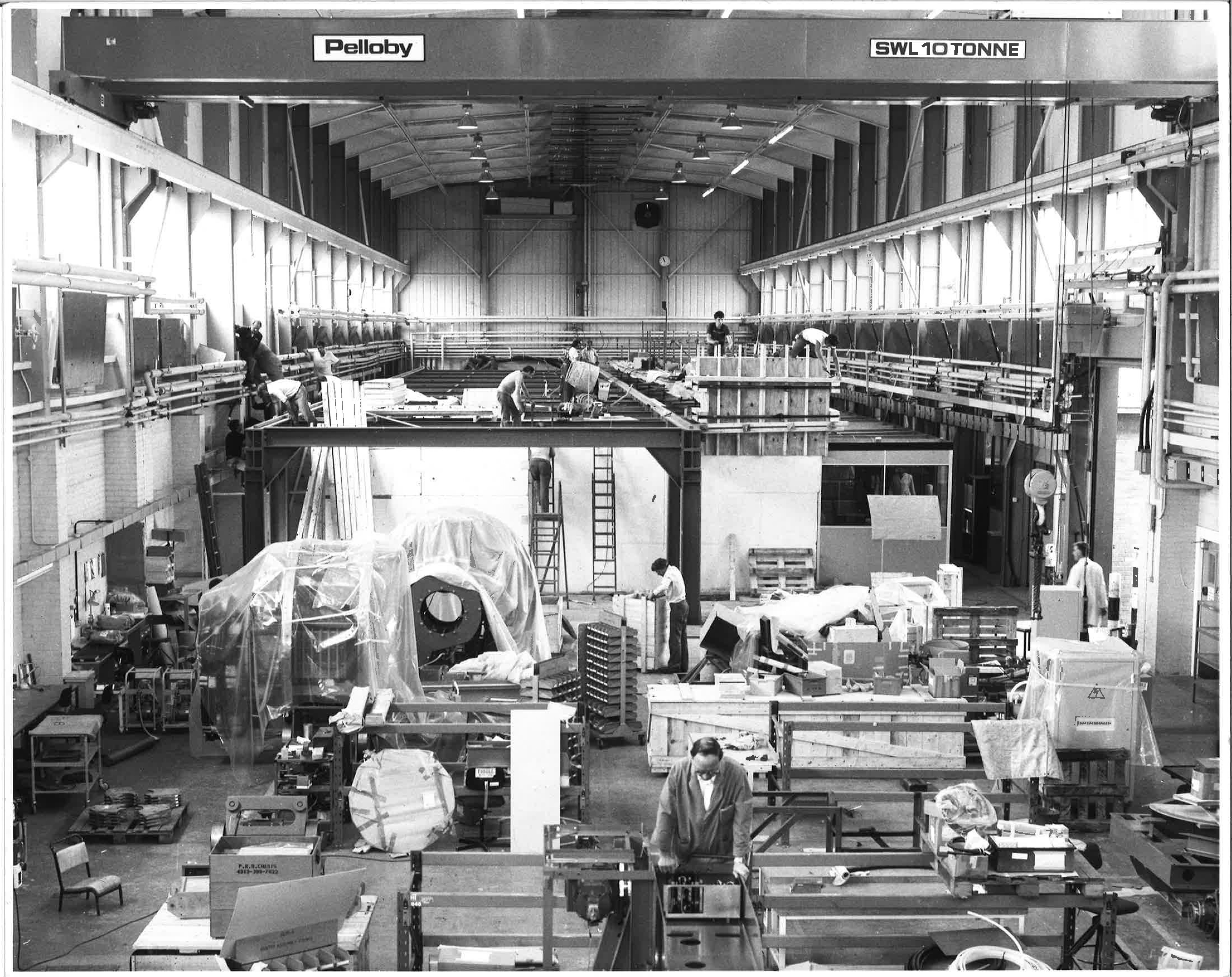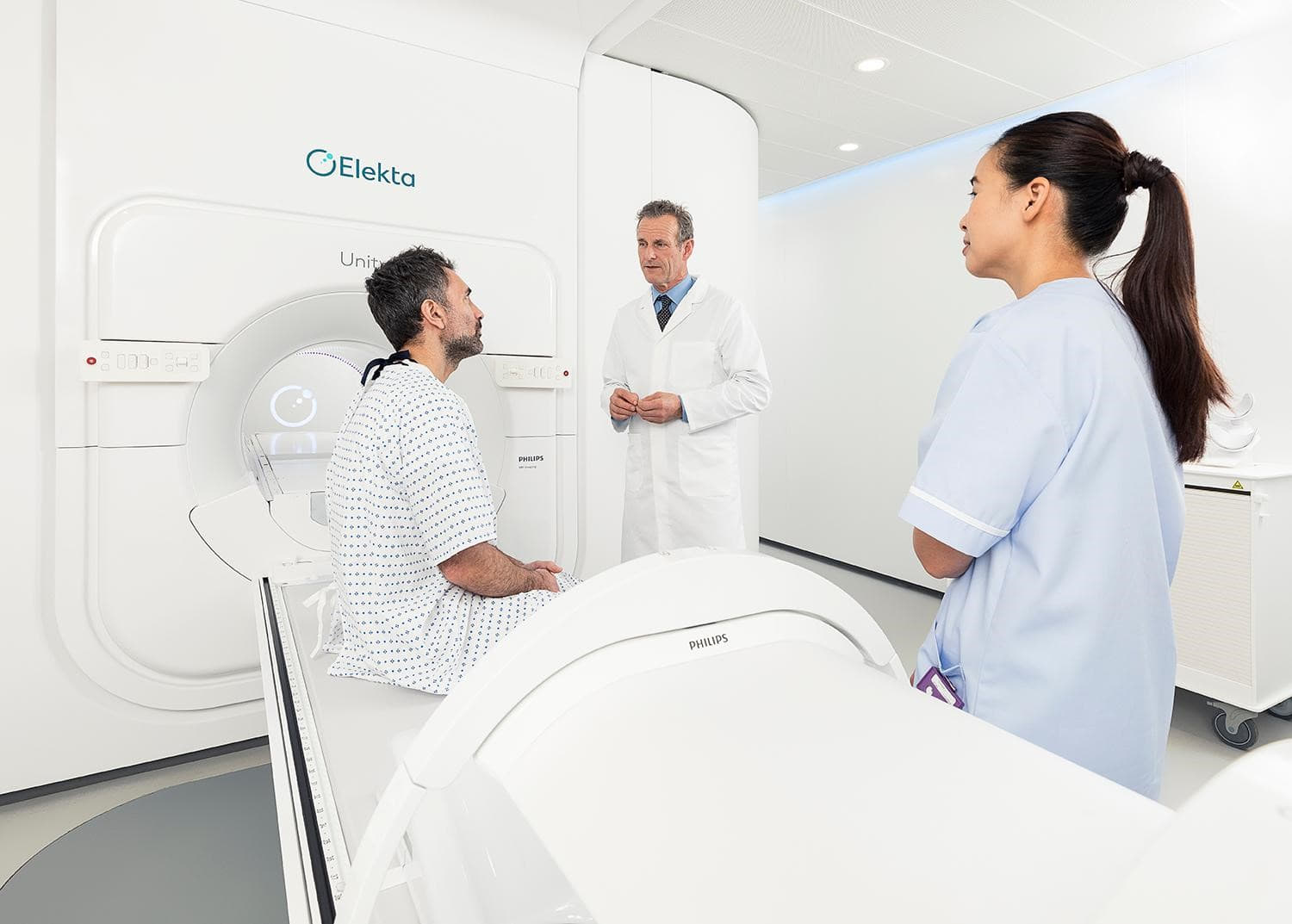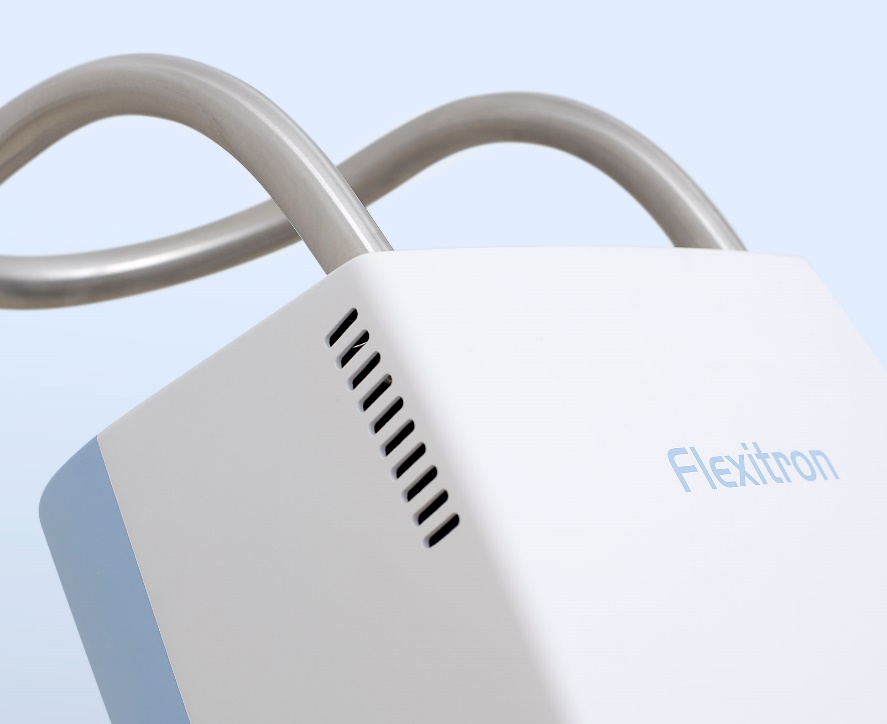A gate to China
A Company Grows Up, 1986 - 1993
Reading time: 4 minutes
Building trust in China and establishing the Asian headquarters in Hong Kong in 1994.

By the early 1990s, Elekta had made a name for itself in Japan, the world's largest market for medical technology. It was only natural to build on these successes with continued expansion in Asia. During some intensive years, Elekta built a presence that would be pivotal for the company's earnings and development.
Rolf Kjellström was actually a particle physicist and had been recruited to Elekta in the late 1980s. He was then given an assignment that would prove to be very rewarding. In 1992 he was sent to China to feel out the market.
“I was the first Elekta employee to set foot in China. It looked much different from today. Fortunately, we had a former German agent, Jürgen Scheibel, who had solid contacts. He was very well-liked by the Chinese and provided a valuable gateway into the new market,” says Rolf Kjellström.
At the time, travel with domestic flights in China was unpredictable. It was not possible to book tickets in advance, and if the plane was full you’d have to wait one or two days for the next departure, recalls Rolf Kjellström.
“I remember going to Chengdu, a 2–3-hour flight from Beijing. It was like venturing out into the middle of nowhere. I was the only westerner on the plane, and when deplaned, Chinese children ran around me like I was a troll from the mountains. Jürgen was nowhere to be found and it was not possible to communicate with anyone in English. At that time there were no mobile phones either. The hours passed and I was just about to lose it when Jürgen finally showed up after four or five hours.”
For Europeans and rookie China travelers, it was an adventure to go out into the Chinese countryside in the early 1990s.
“A lot has happened in just thirty years,” says Rolf Kjellström.
Setting up shop
After a few years of intensive travel to meet with customers, Elekta decided in 1994 to start a subsidiary in Asia. Rolf Kjellström drew up plans in consultation with Stig Sundberg, who was CEO of Elekta's Japanese distributor Manssons.
“Stig and I looked at various locations and concluded that Hong Kong was an appropriate place to establish a regional head office. With this, I became Asian manager and from there we covered everything in the Asian region, except Japan.”
At first Elekta only had a representative office and business had to go through the head office in Stockholm.
“We offered service, but could not sell a gamma knife, for example, or accelerators, which came later. This eventually changed when we started with joint ventures and had the opportunity to open a legally functioning entity together with a Chinese partner.”
The first gamma knives
The first gamma knife in Hong Kong was put into operation at Canossa Hospital in February of 1995. The new center for radiosurgery was inaugurated by Sweden's General Consulate Mikael Westerlind. A symposium on brain disorders was announced in connection with the opening.
Hong Kong was then still a British colony – so mainland China's first gamma knife was installed at Huashan Hospital in Shanghai.
“The hospital's director had many western contacts. He travelled to the United States frequently and his daughter is a well-known film actress there. He had presumably visited other hospitals that had the gamma knife and thought that it would be something worth introducing in China,” says Rolf Kjellström.
Even today Huashan holds the record for the number of patients treated with the gamma knife.
“To date, now in 2022, Huashan has treated more than 45,000 patients with the gamma knife, about 3,000 per year. The machines are running around the clock.”
Within a few years, several of the leading hospitals in China acquired their own gamma knives, including in Beijing and Guangzhou. As soon as the method was established, word spread and more hospitals became interested.
“By the end of the 1990s, when I stopped travelling to China, there were 13 gamma knives in the country and China had developed into our third-largest market,” says Rolf Kjellström.
Expansion outside China
Elekta also continued to expand outside China. An office was soon opened in Singapore and in the mid-1990s, an office was also established in Delhi, India. The head of business in India became Percy Schroff, who had a background at the trading company Manssons in Japan, but who was himself of Indian origin.
“We frequently travelled in India in the mid-1990s, and it was rather exciting. It was similar to China, although China was developing even faster,” says Rolf Kjellström.
One of the first deals was made with the privately owned Hinduja Hospital in Mumbai. Another early customer was the public hospital All Indian Institute of Medical Sciences, AIIMS, in Delhi.
“This is the most highly respected hospital in India and has a constant flow of patients. They wanted a gamma knife as a way to help manage the most difficult cases. This generated a chain reaction because other hospitals said: ‘We cannot be worse than they are in Delhi, so we also need to have one.’”
The strategy was based on building relationships with the leading research environments and hospitals.
“We staked out potential customers and tried to convince them that they were in need of our solution. Despite truly primitive conditions, we were fairly successful in establishing the gamma knife as something the leading institutions wanted to have.”
Did you find it interesting?
Feel free to share it across social media!

